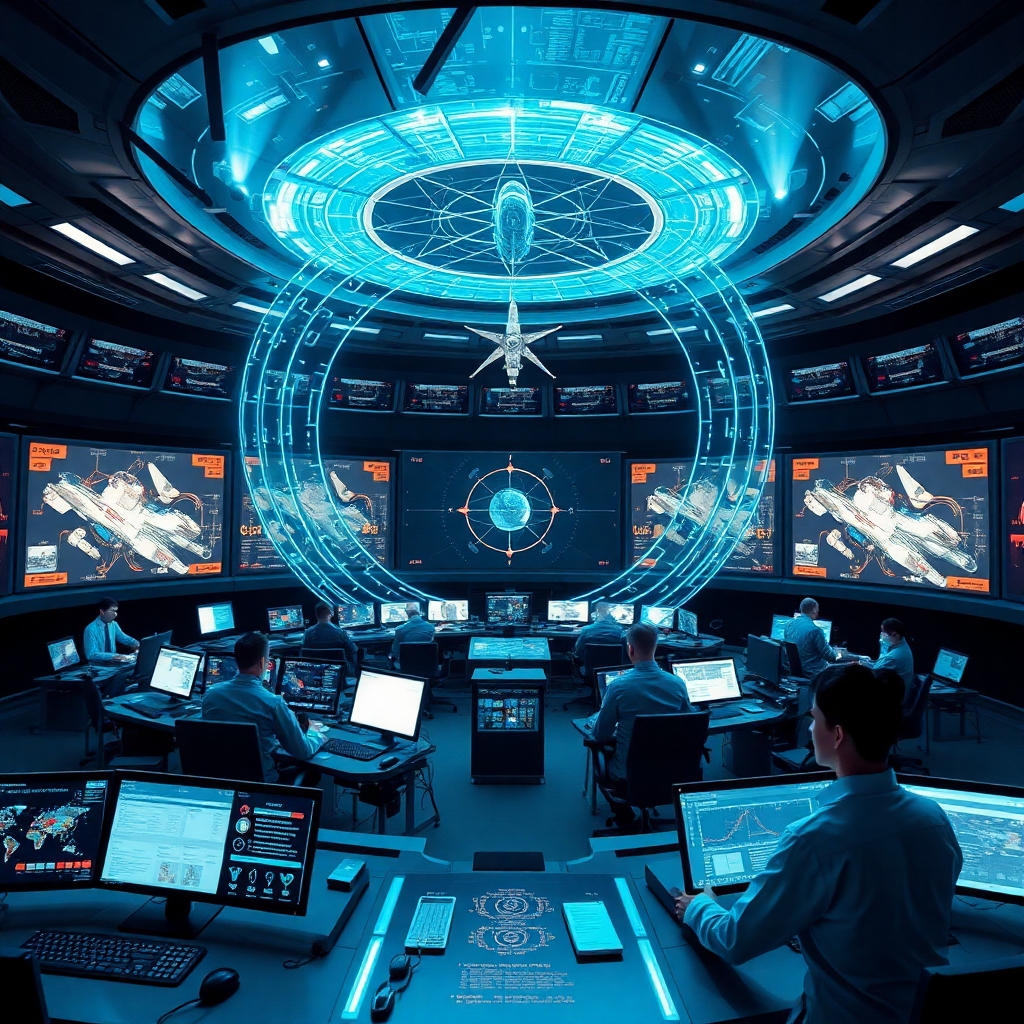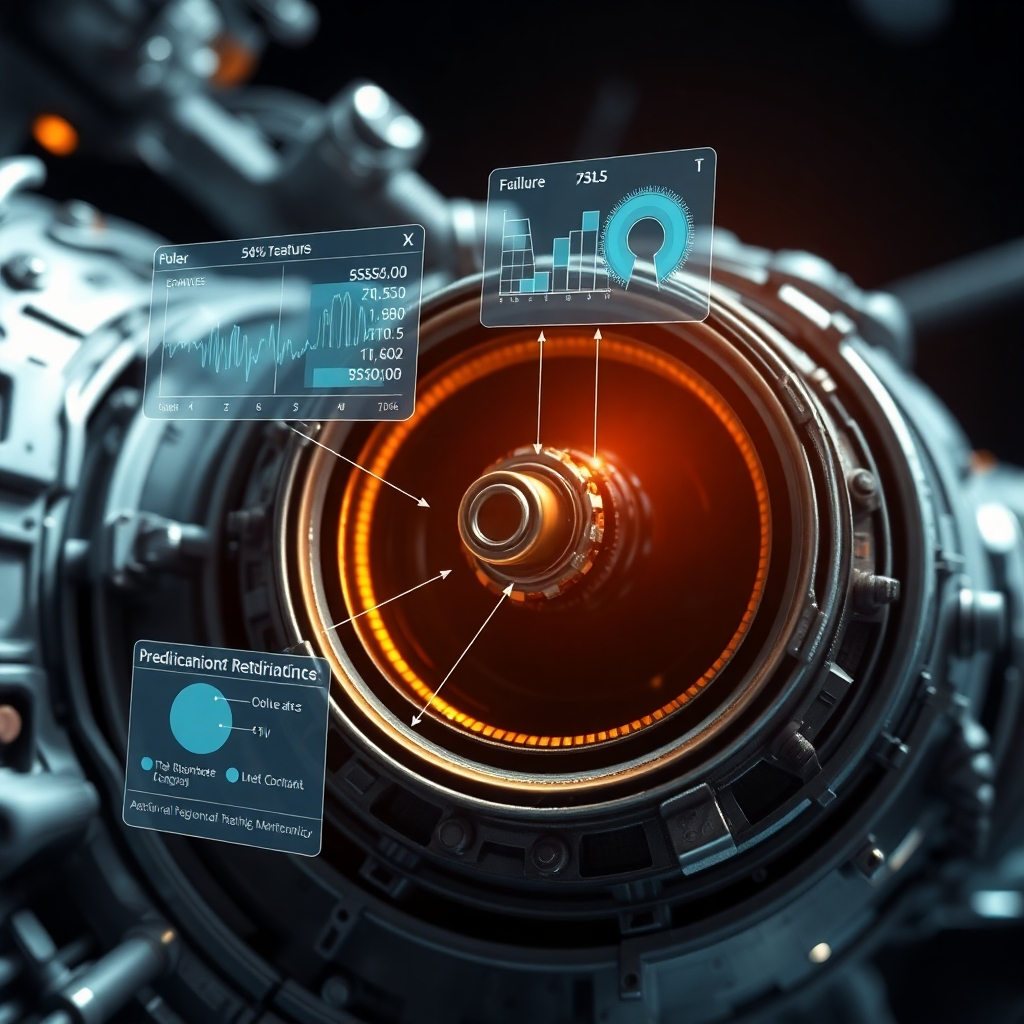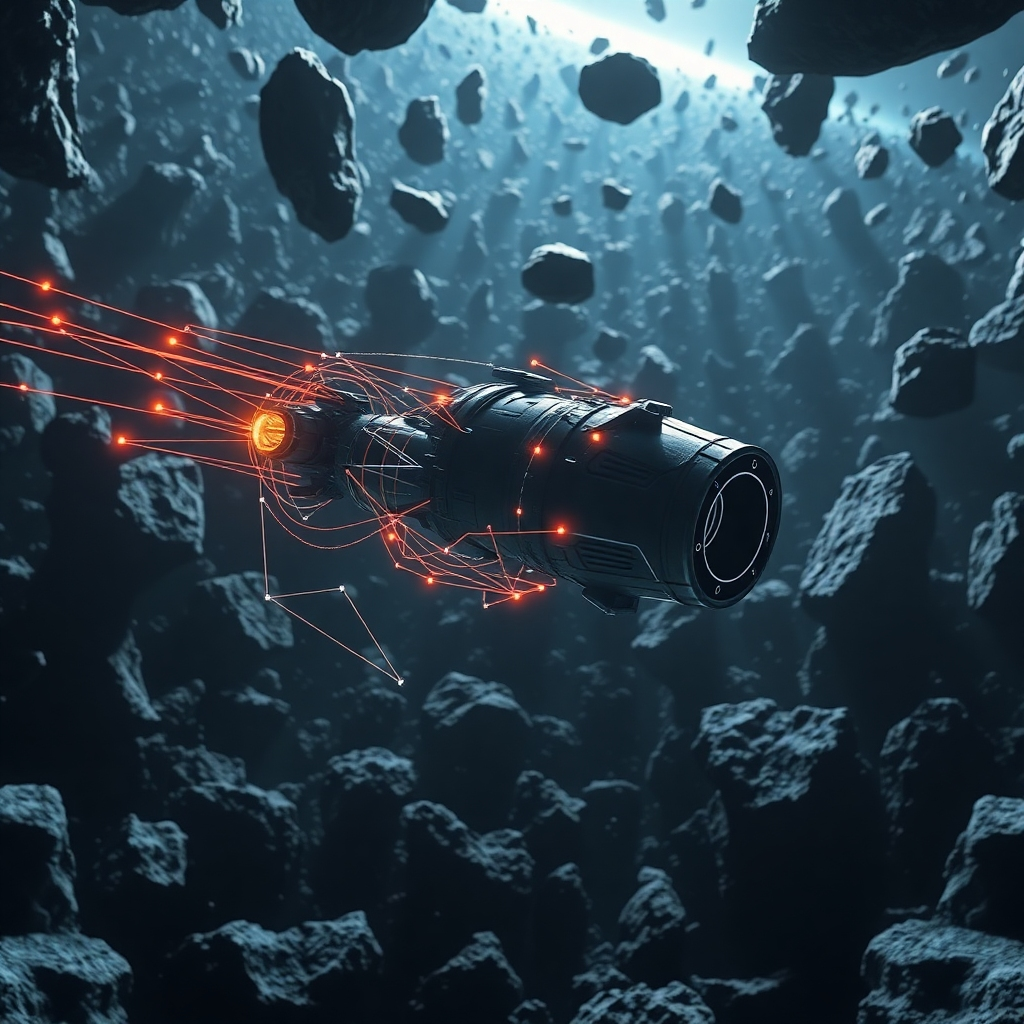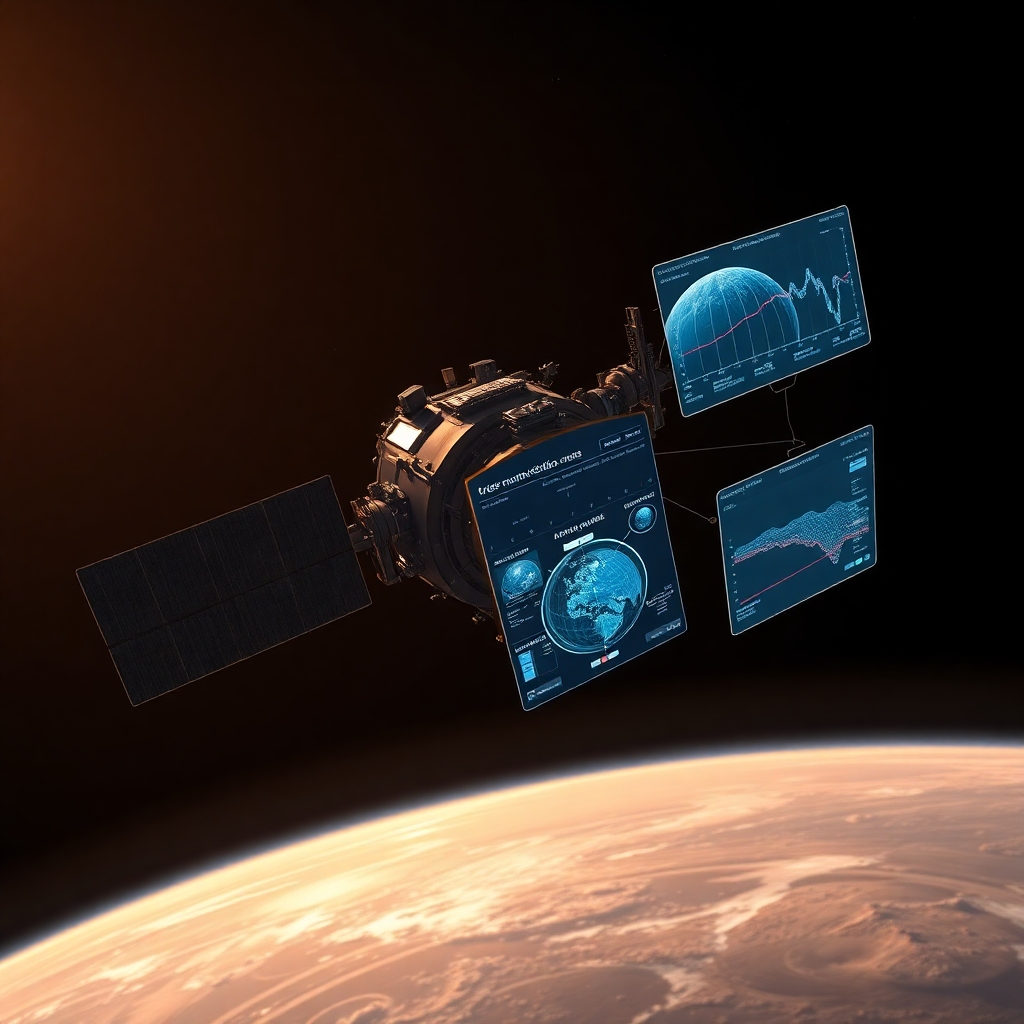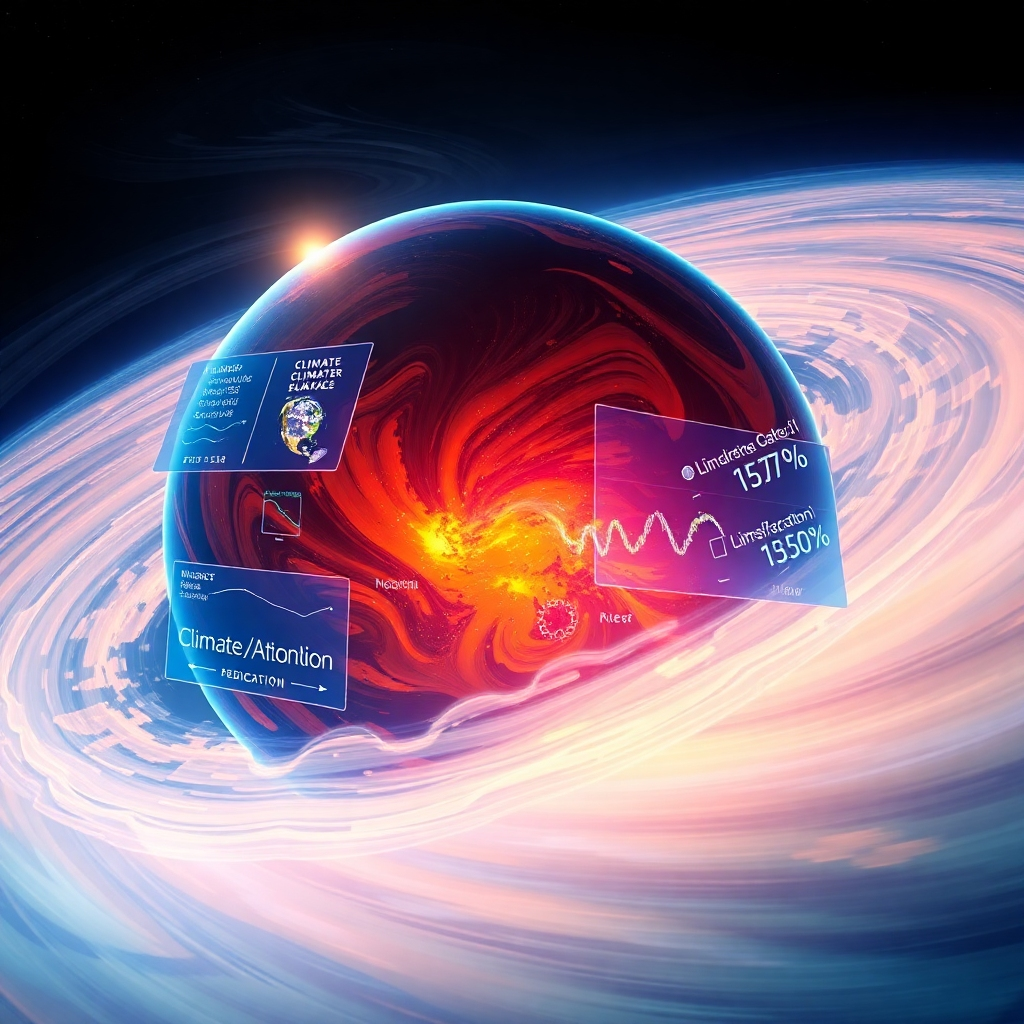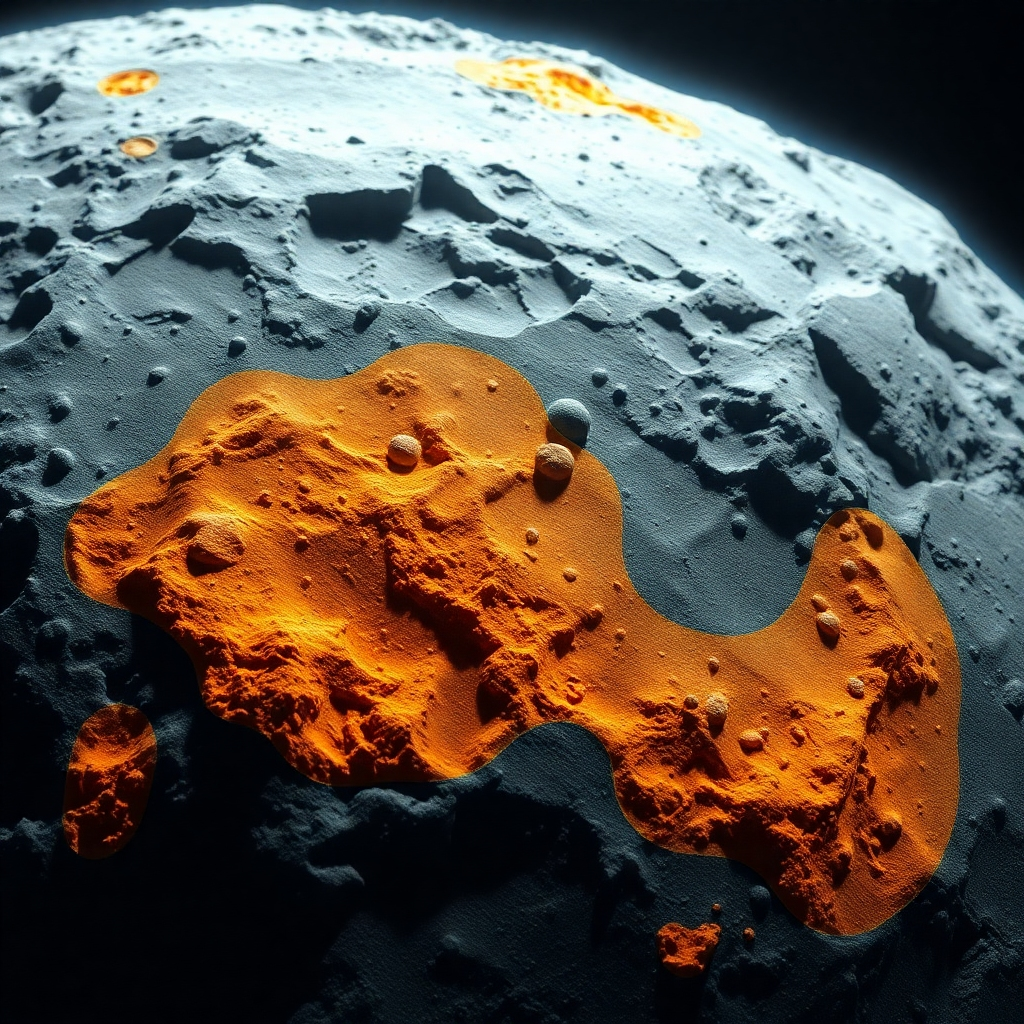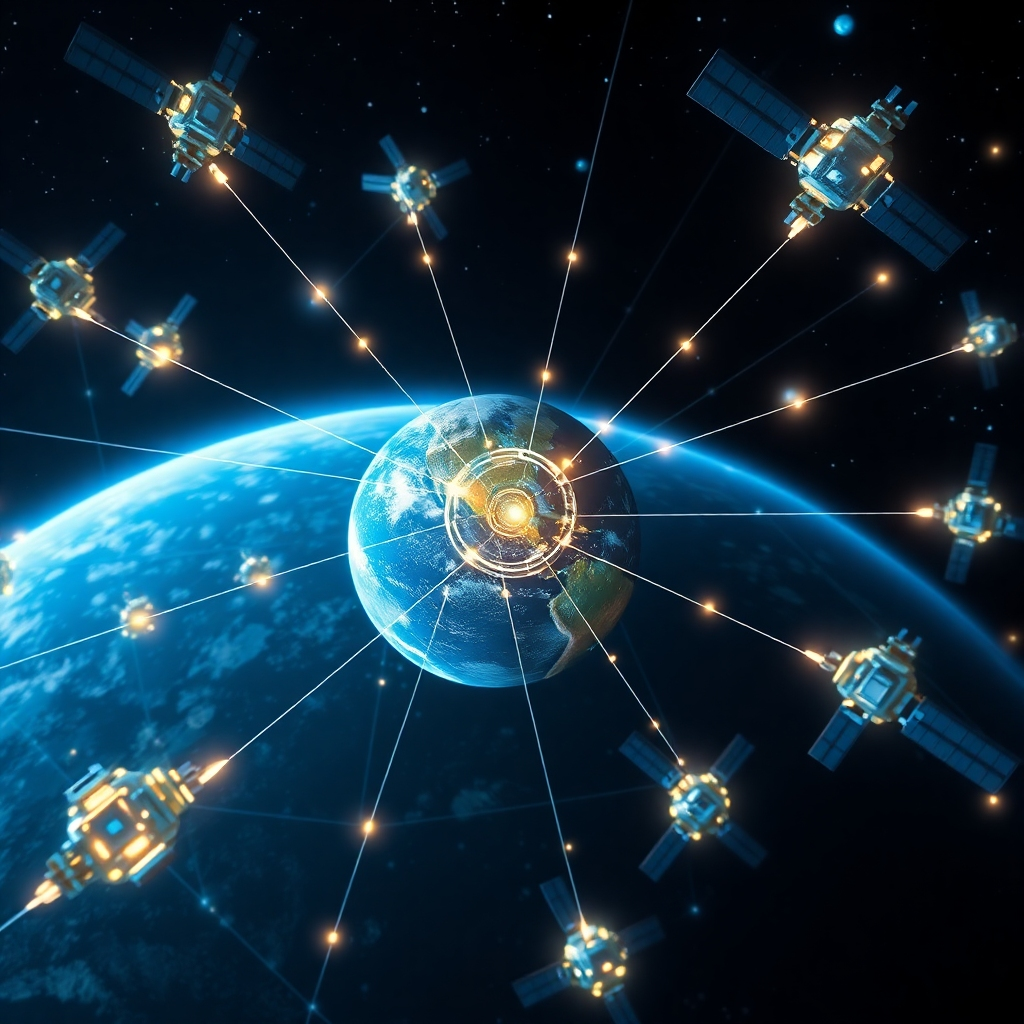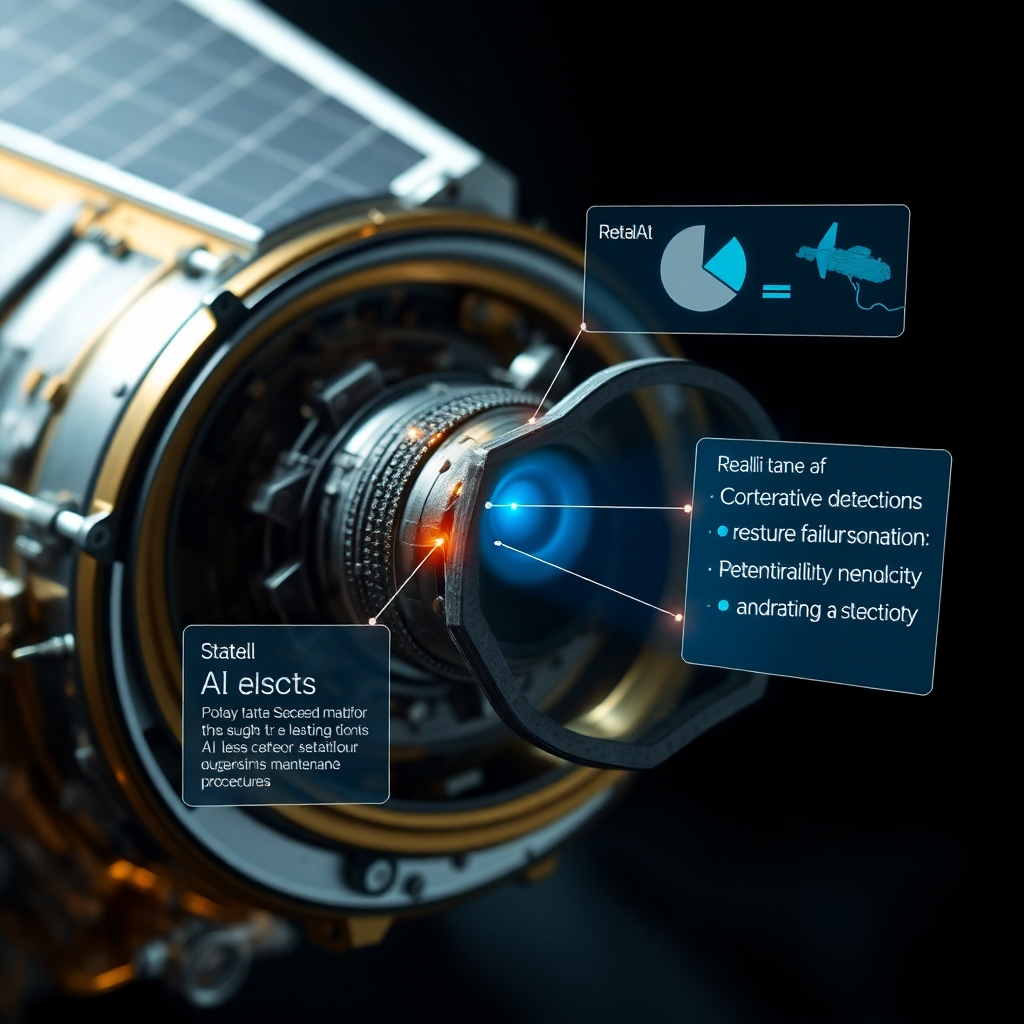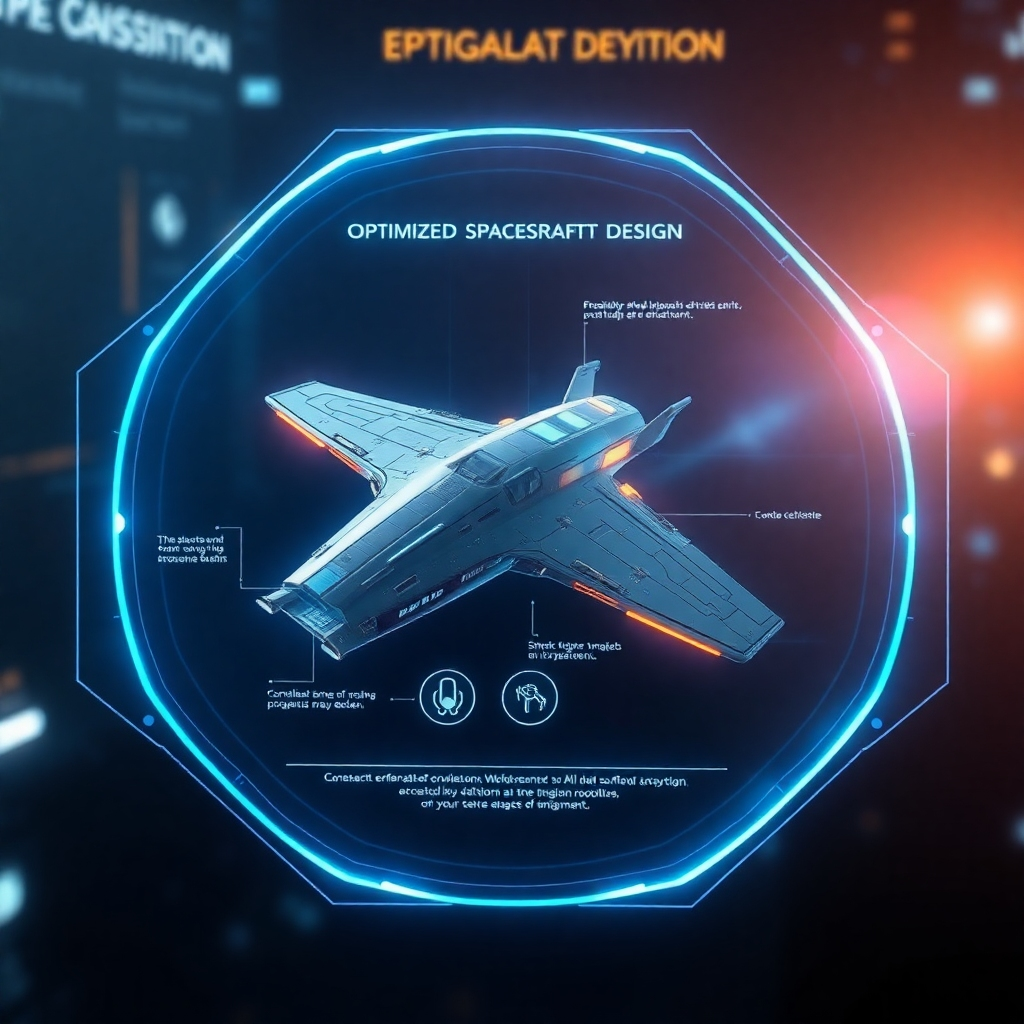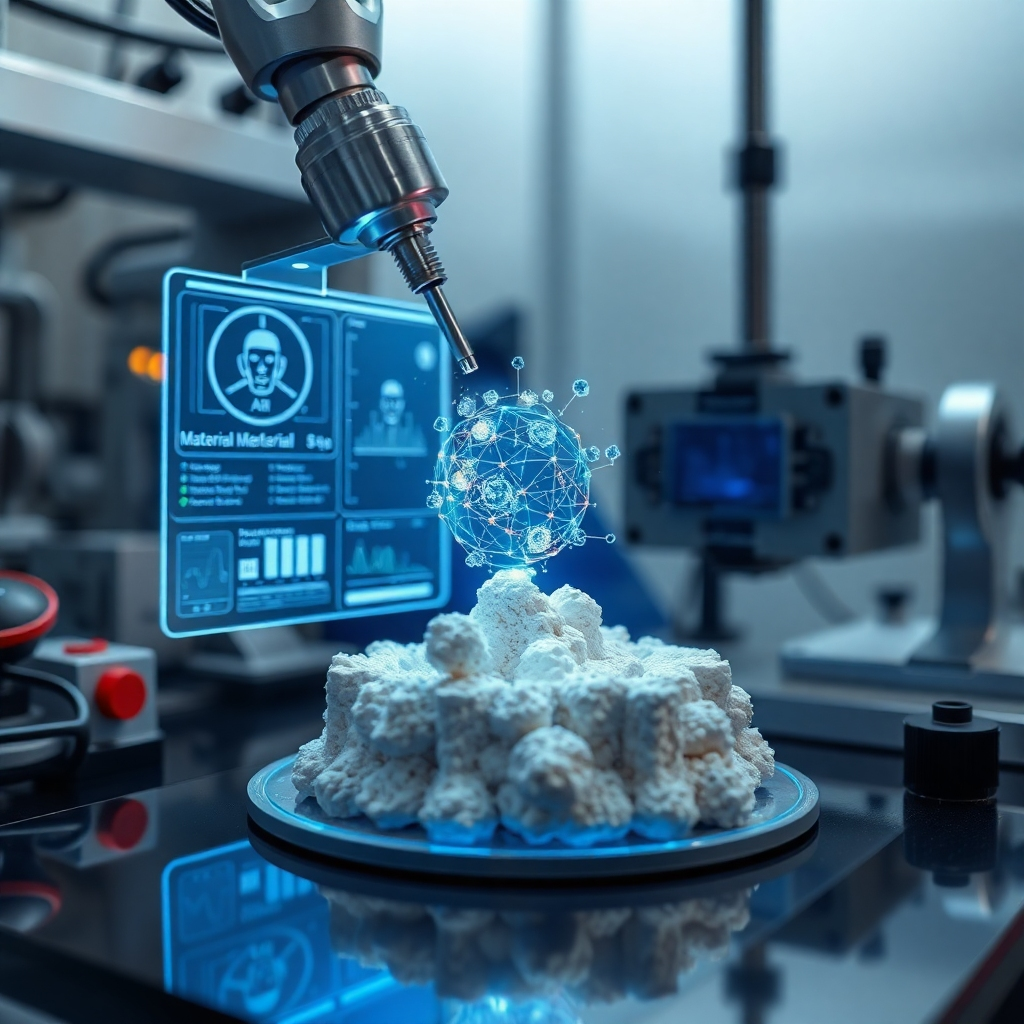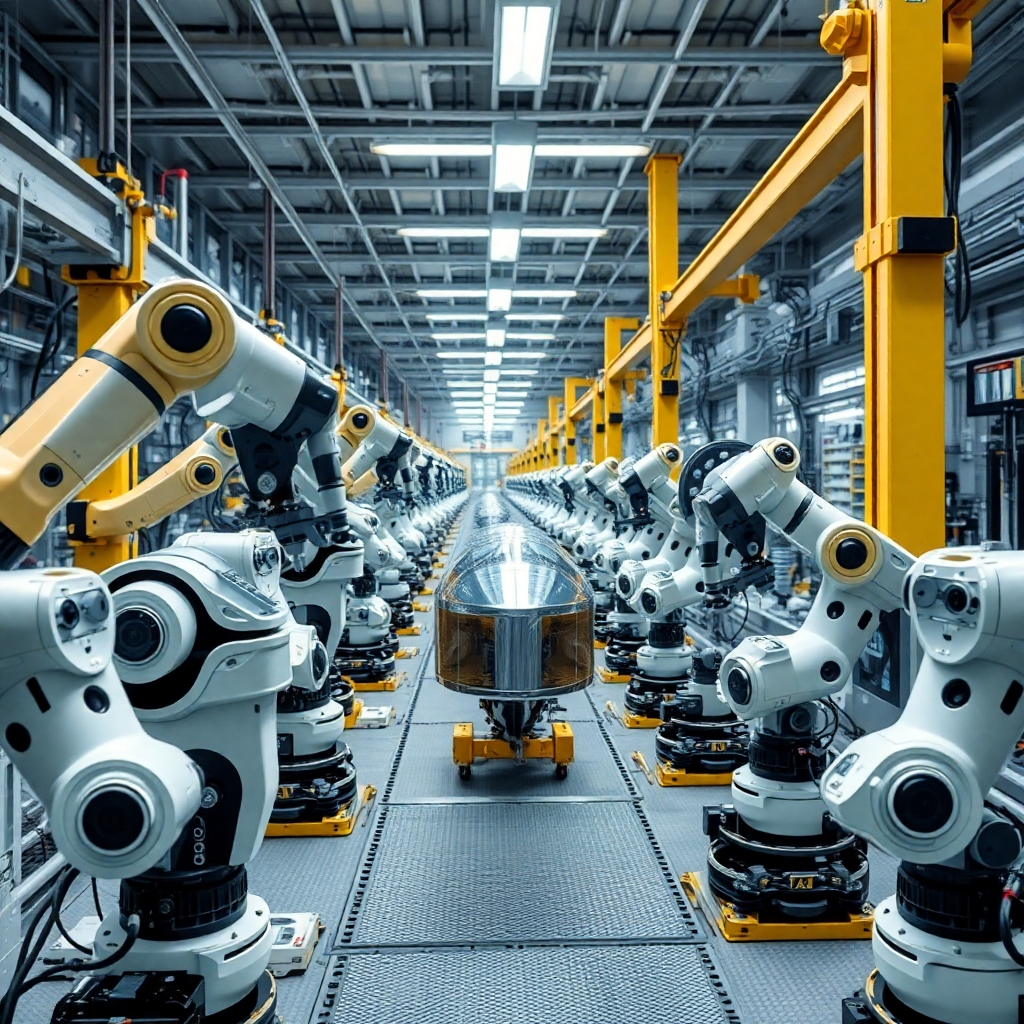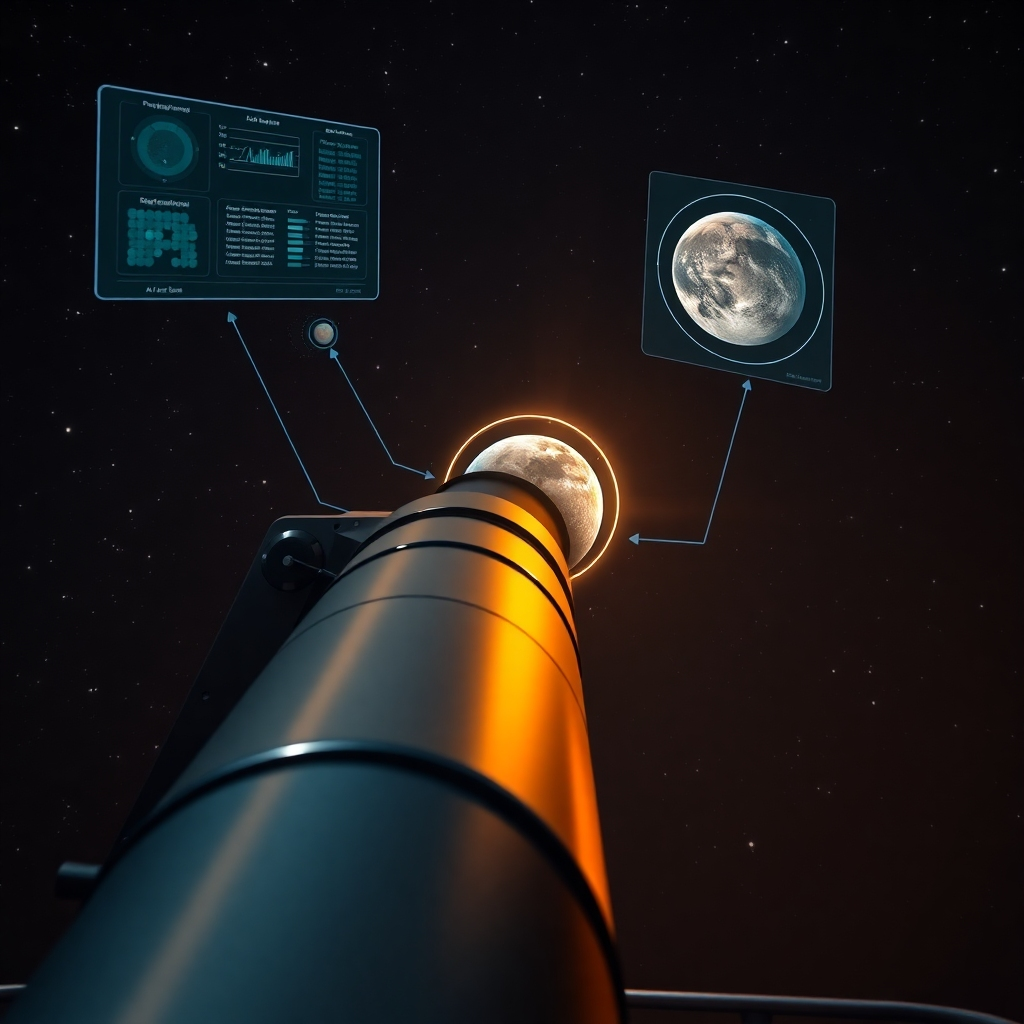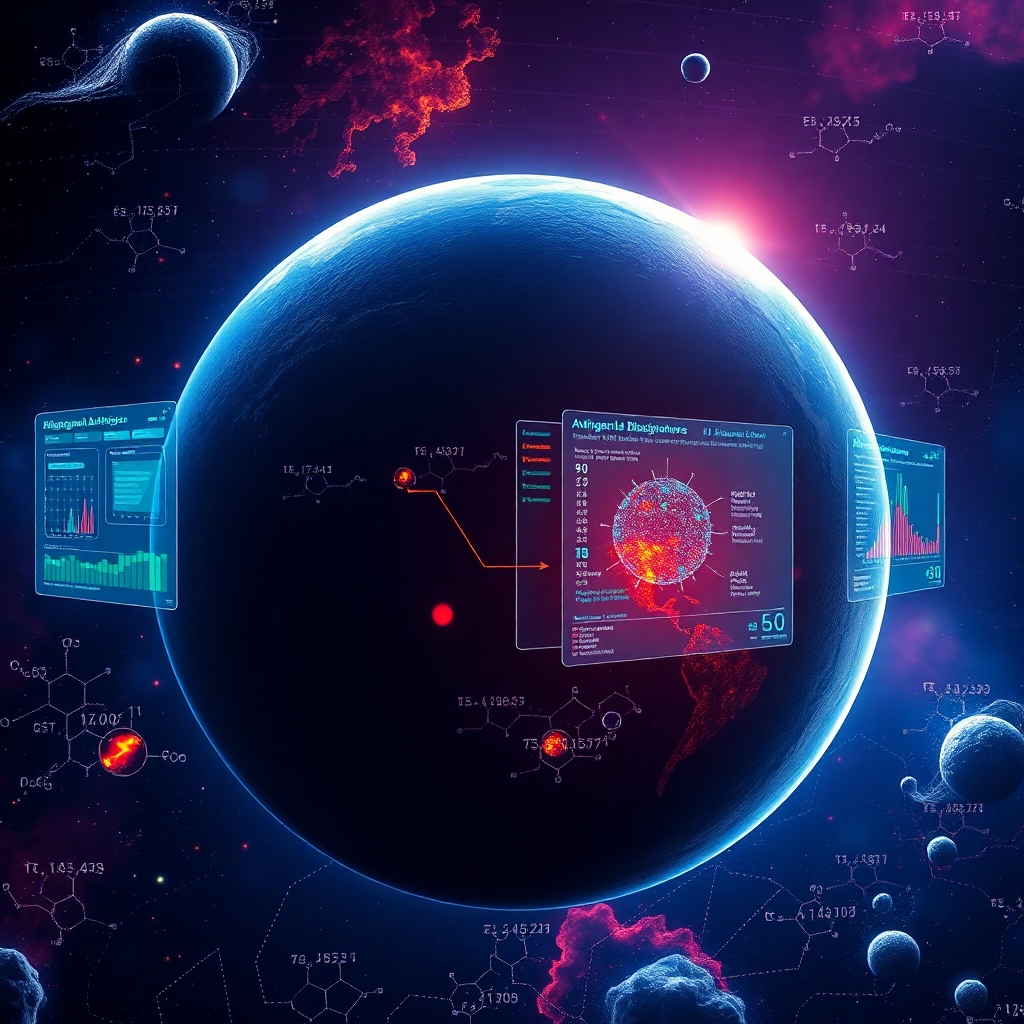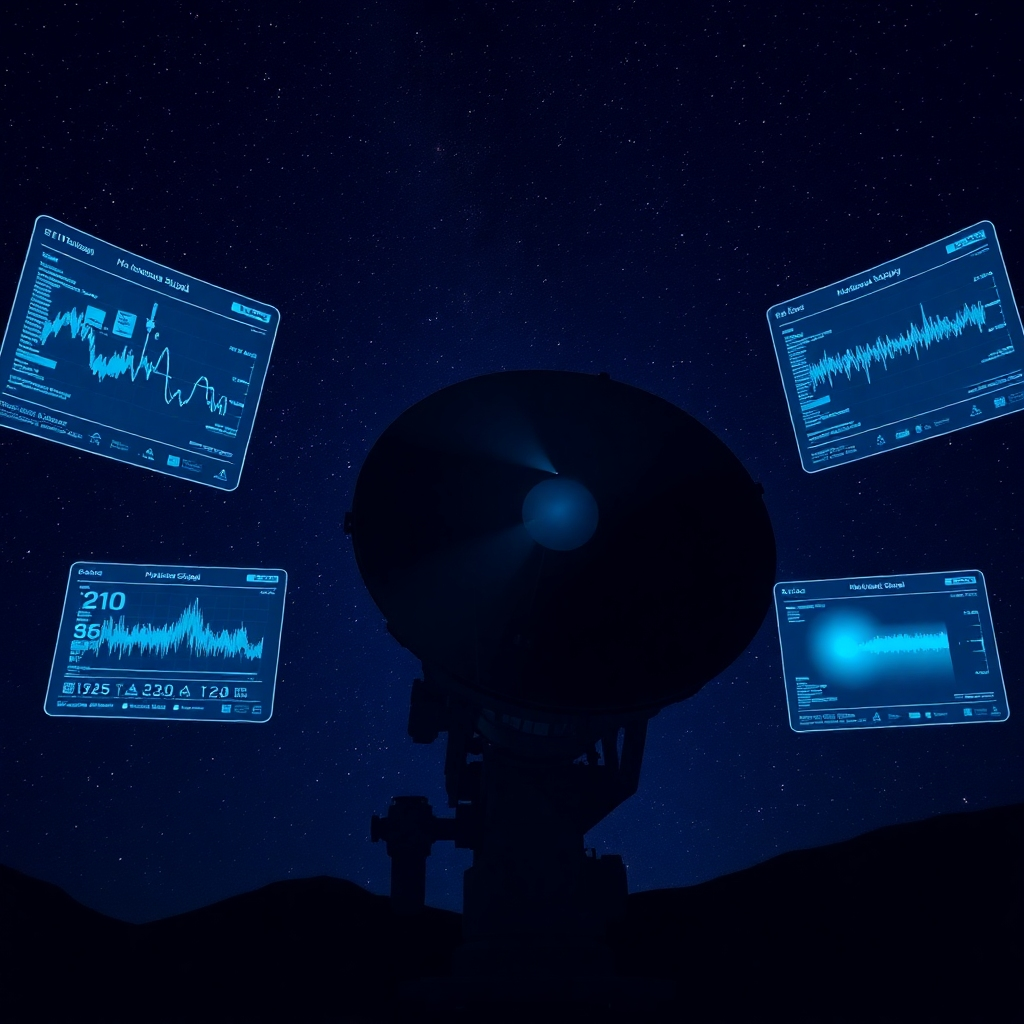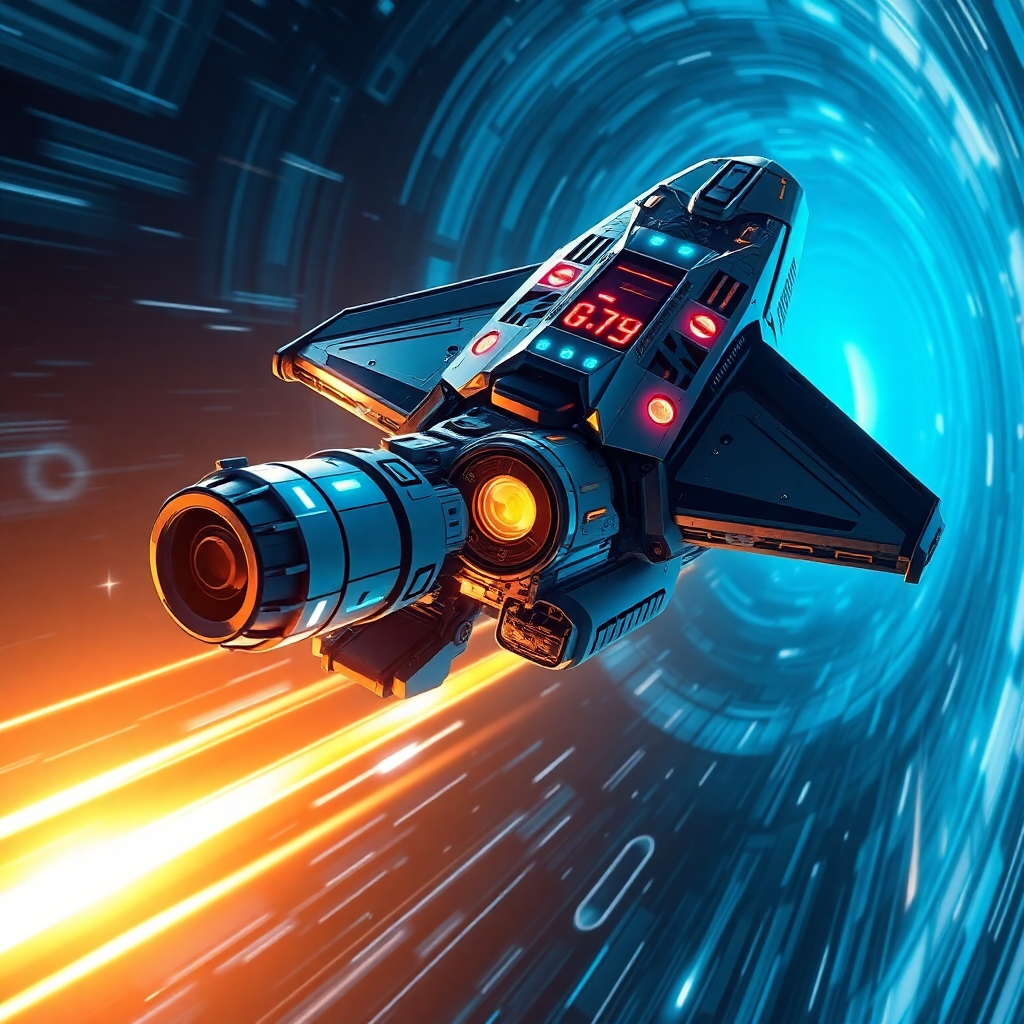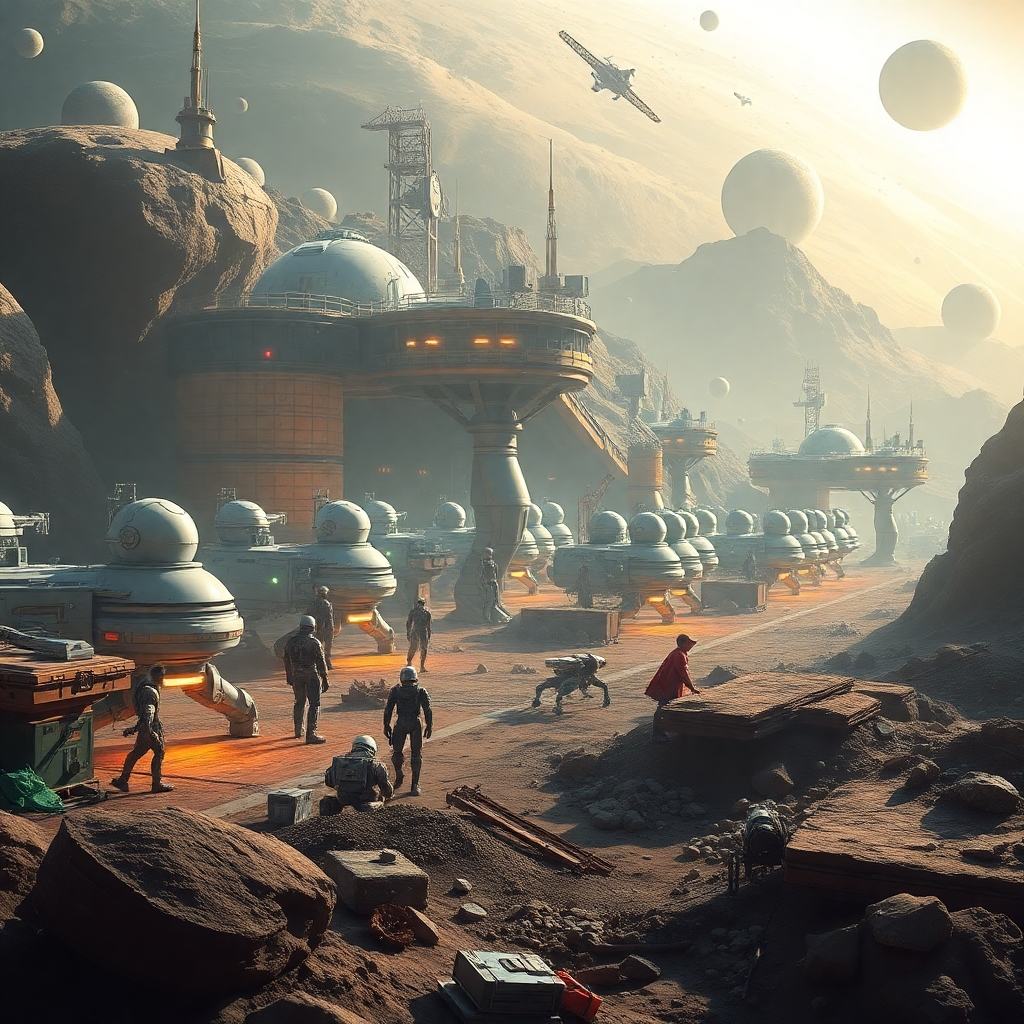2. Autonomous Rovers and Landers
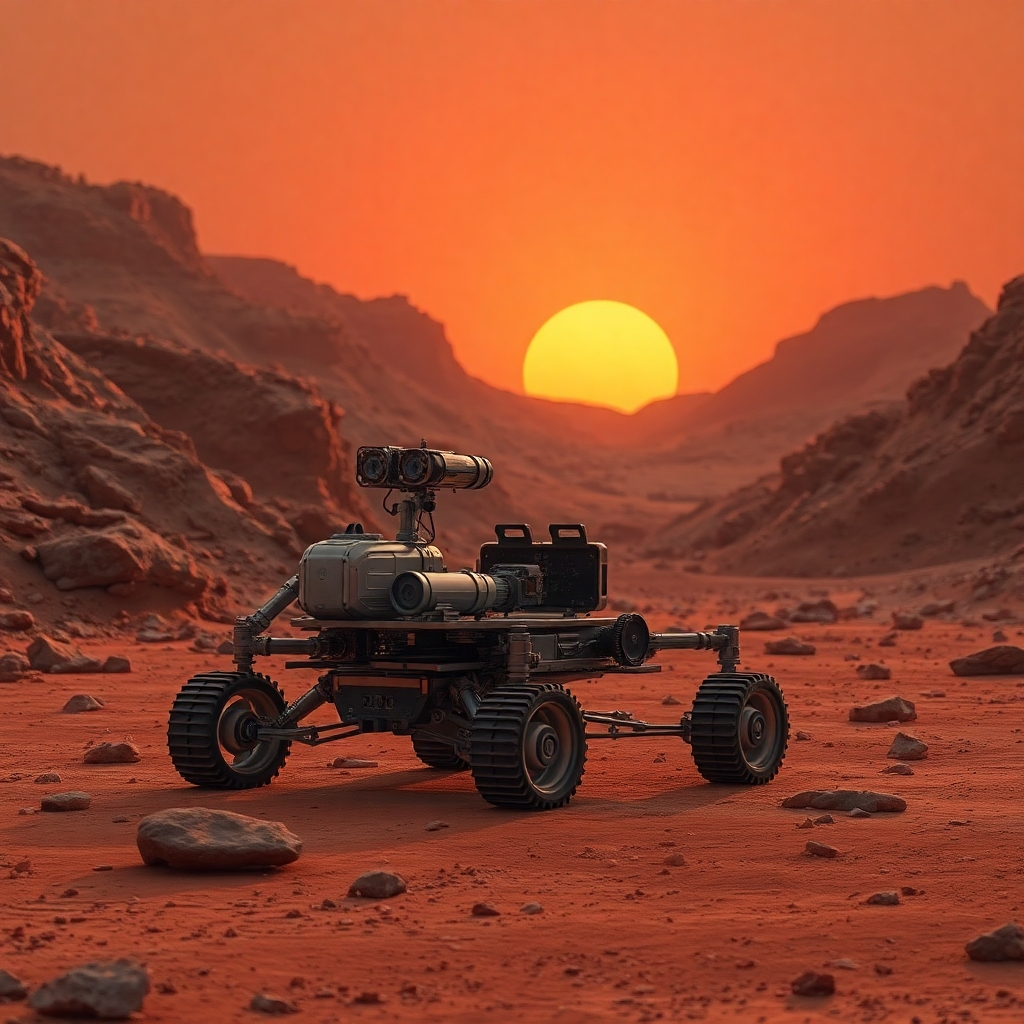
Exploring Alien Landscapes
Autonomous rovers and landers explore planetary surfaces without human intervention. AI-powered navigation and object recognition allow them to collect data and samples efficiently. They adapt to terrain and pursue scientific goals.
Data Collection and Analysis
Autonomous rovers gather vast amounts of data, which AI analyzes to identify patterns and anomalies. This data is used to understand planetary geology, climate, and potential for life. AI identifies key areas of interest.
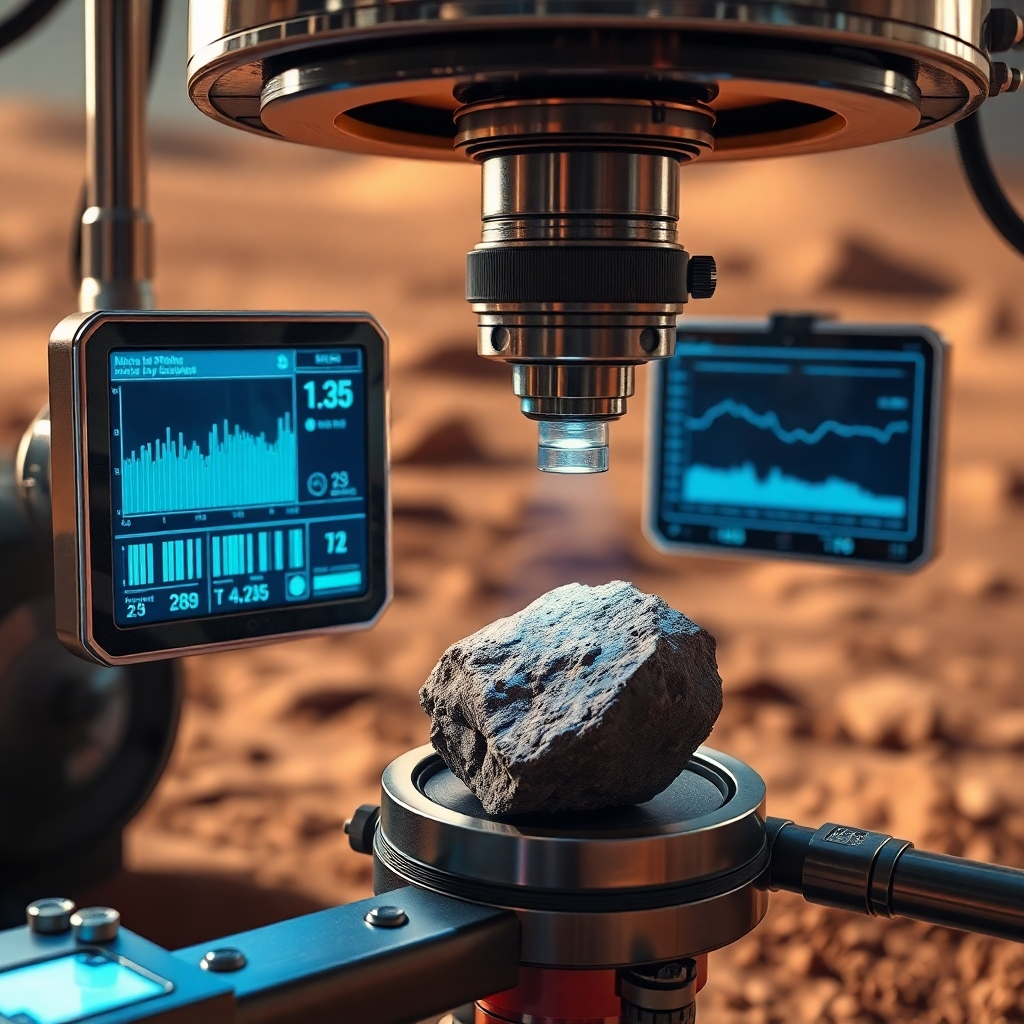
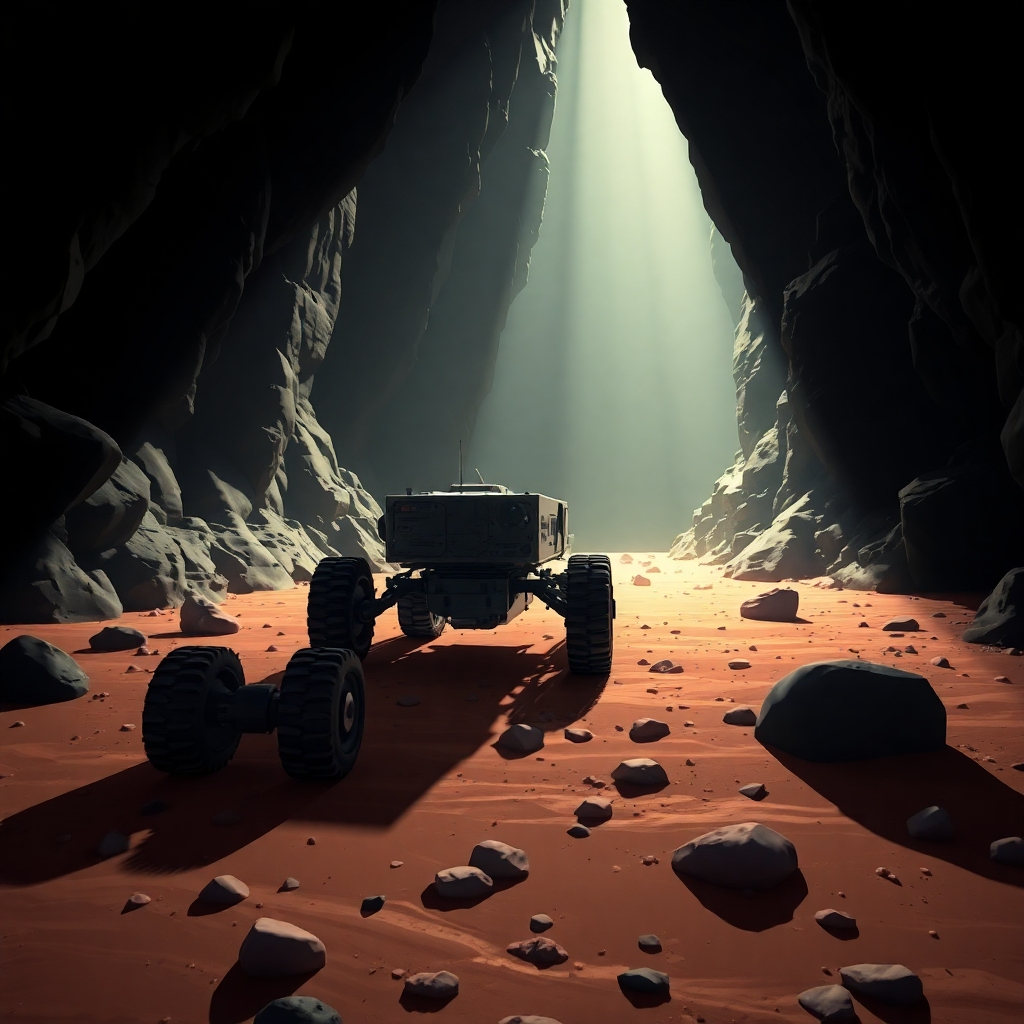
Mapping and Navigation
AI creates detailed maps of planetary surfaces, enabling rovers to navigate complex terrain safely. This mapping capability is crucial for exploring caves, canyons, and other challenging environments. AI algorithms adapt to unforeseen obstacles.
5. Robotic Assistants for Astronauts
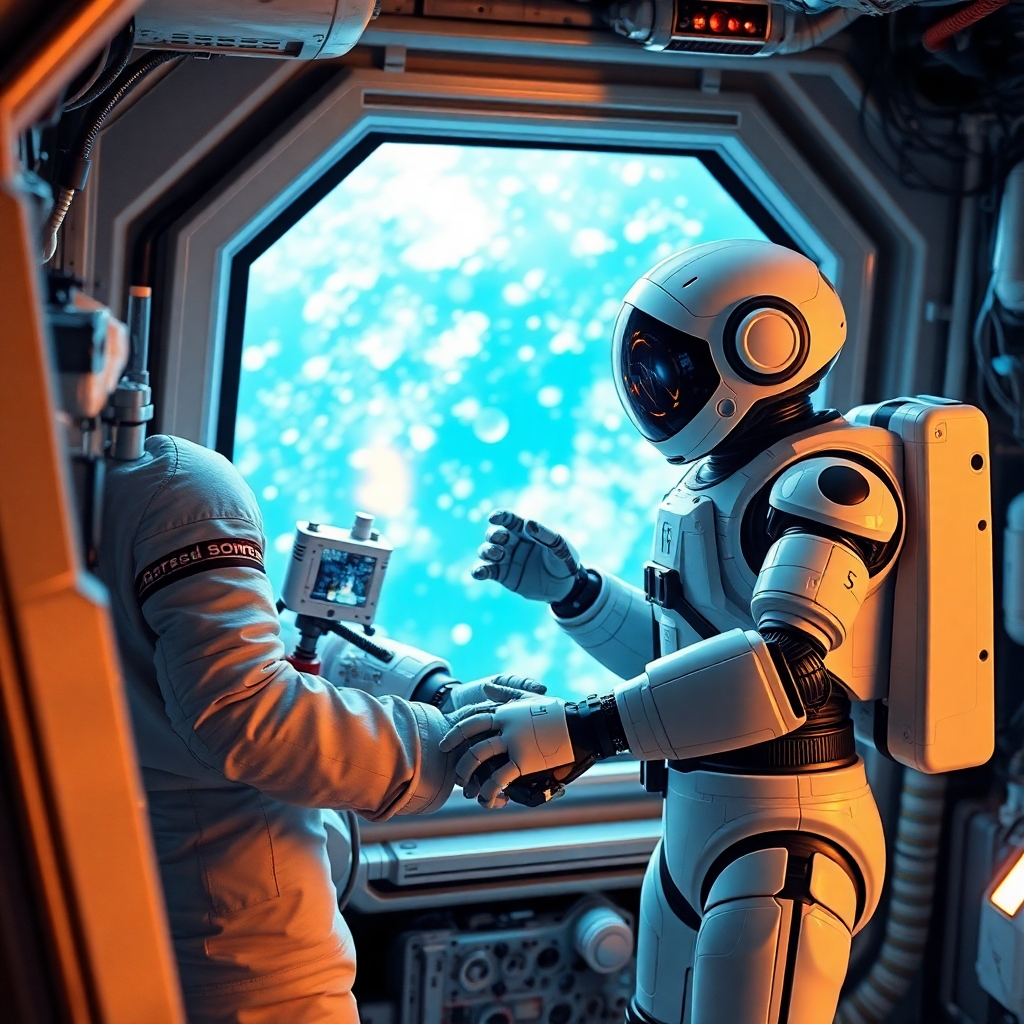
Space Station Support
Robotic assistants help astronauts with routine tasks on space stations. They perform maintenance, conduct experiments, and provide companionship. AI-powered robots free up astronauts for more complex tasks.
Extravehicular Activity (EVA)
Robotic assistants can perform EVAs, reducing the risk to astronauts. They conduct inspections, make repairs, and collect samples. AI-powered robots can access dangerous or inaccessible areas.
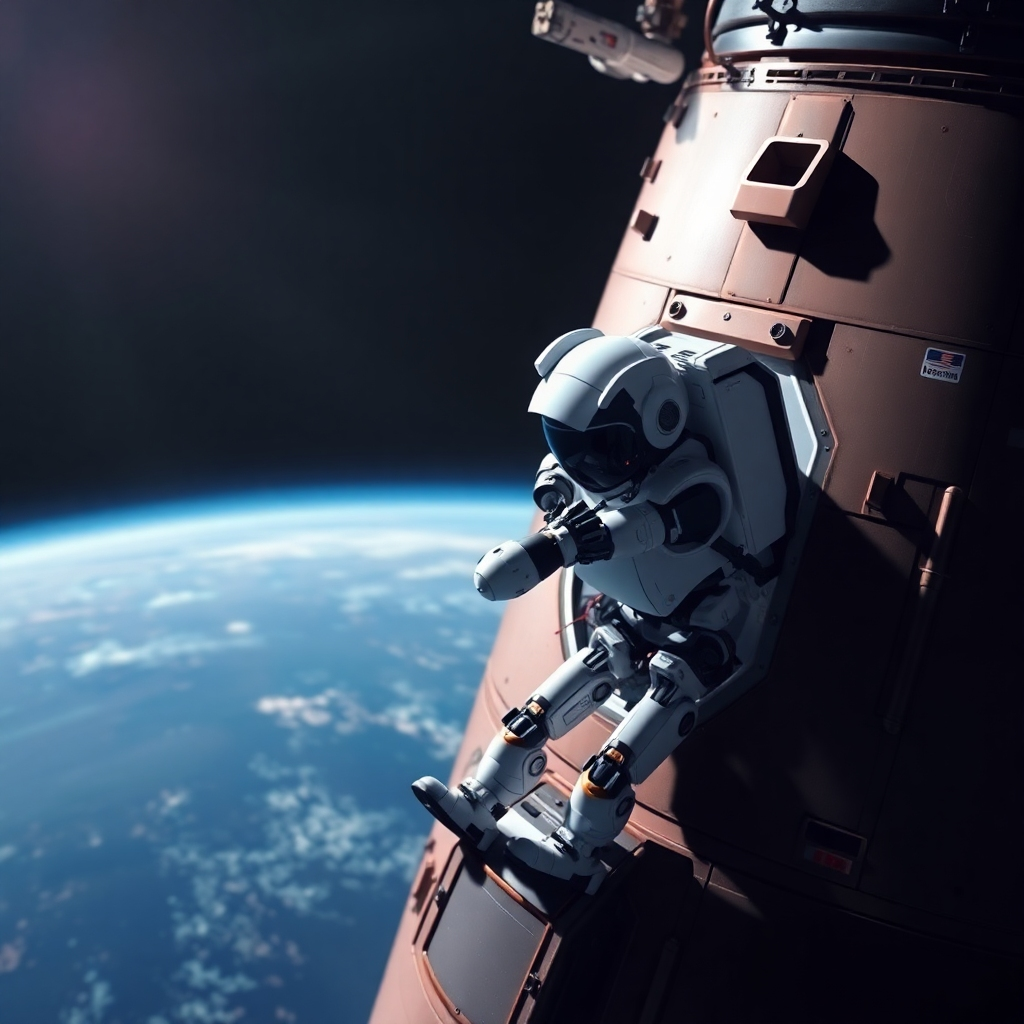
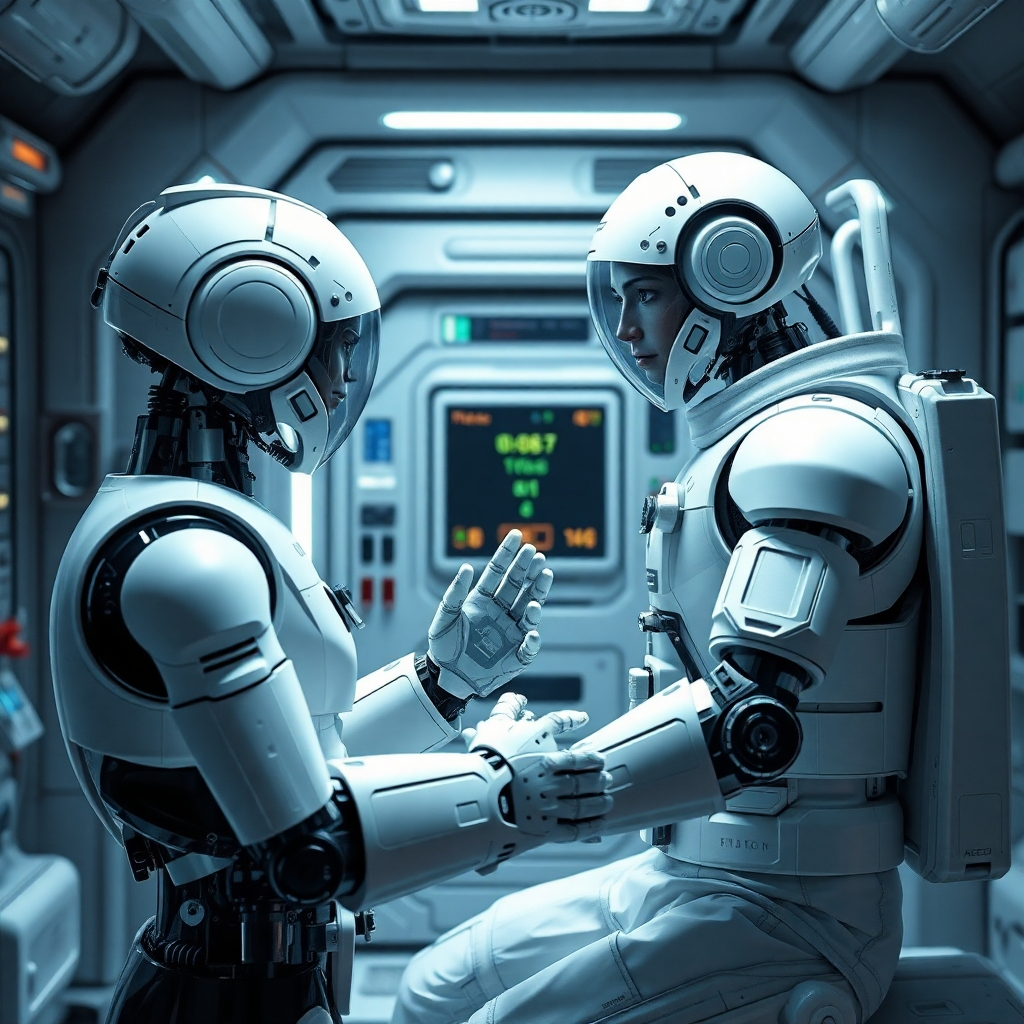
Medical Assistance
Robotic assistants provide medical assistance to astronauts during long-duration space missions. They diagnose illnesses, administer treatments, and perform surgery. AI-powered robots can provide remote medical care.
8. Challenges and Risks

Ethical Considerations
The use of AI in space exploration raises ethical considerations. Ensuring responsible development and deployment of AI is crucial. Bias in algorithms and autonomous decision-making need careful attention.
Data Security
Protecting data from cyberattacks and ensuring the security of AI systems is essential. Vulnerabilities in AI algorithms could be exploited. Encryption and robust security protocols are critical.
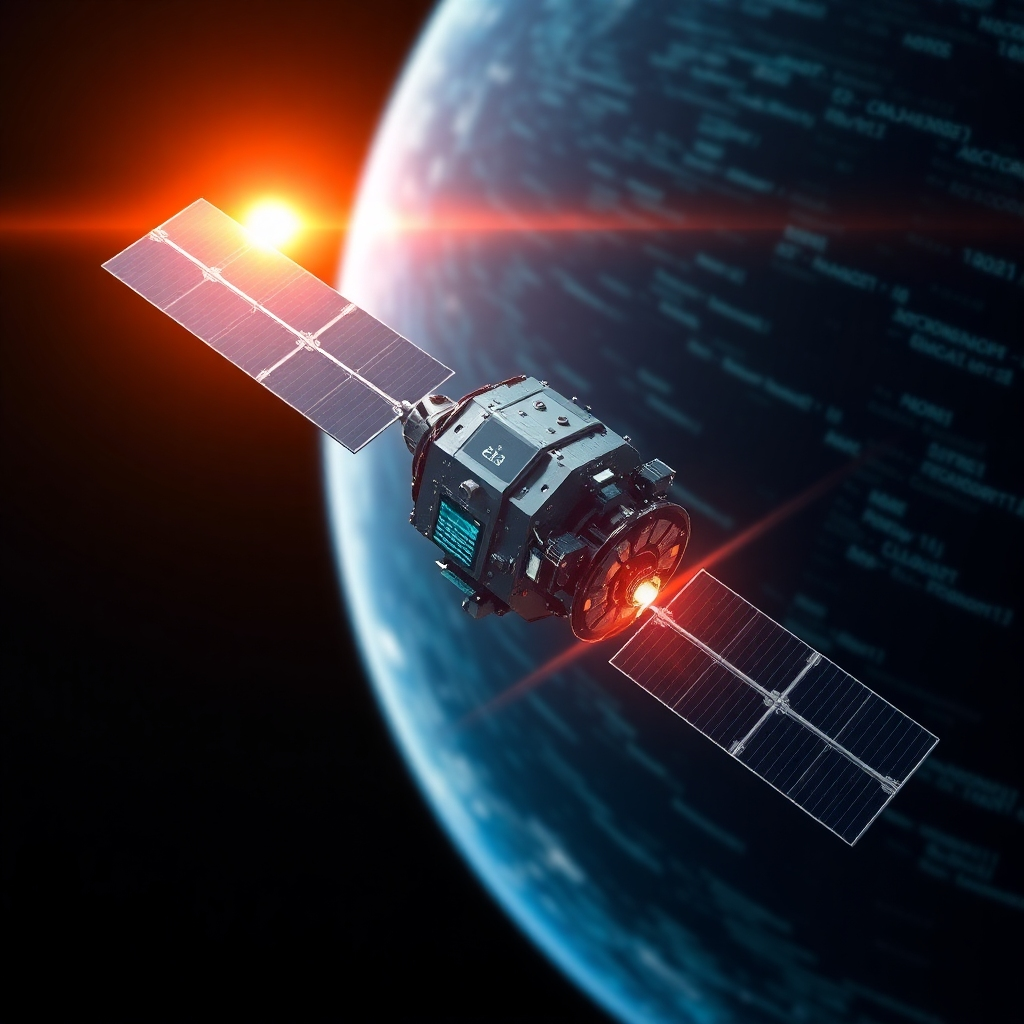
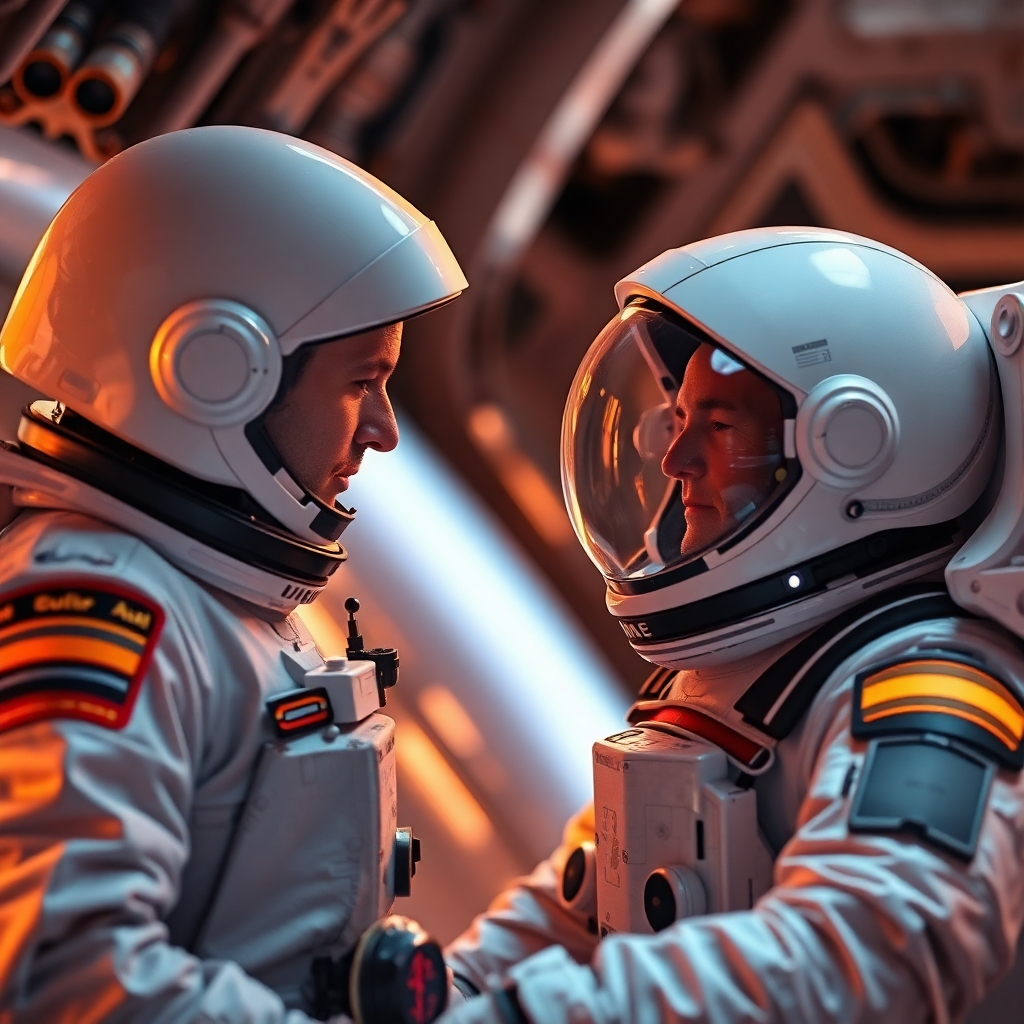
Autonomous Decision-Making
The reliance on autonomous decision-making by AI raises concerns. Ensuring human oversight and control is important. AI algorithms must be transparent and explainable.



